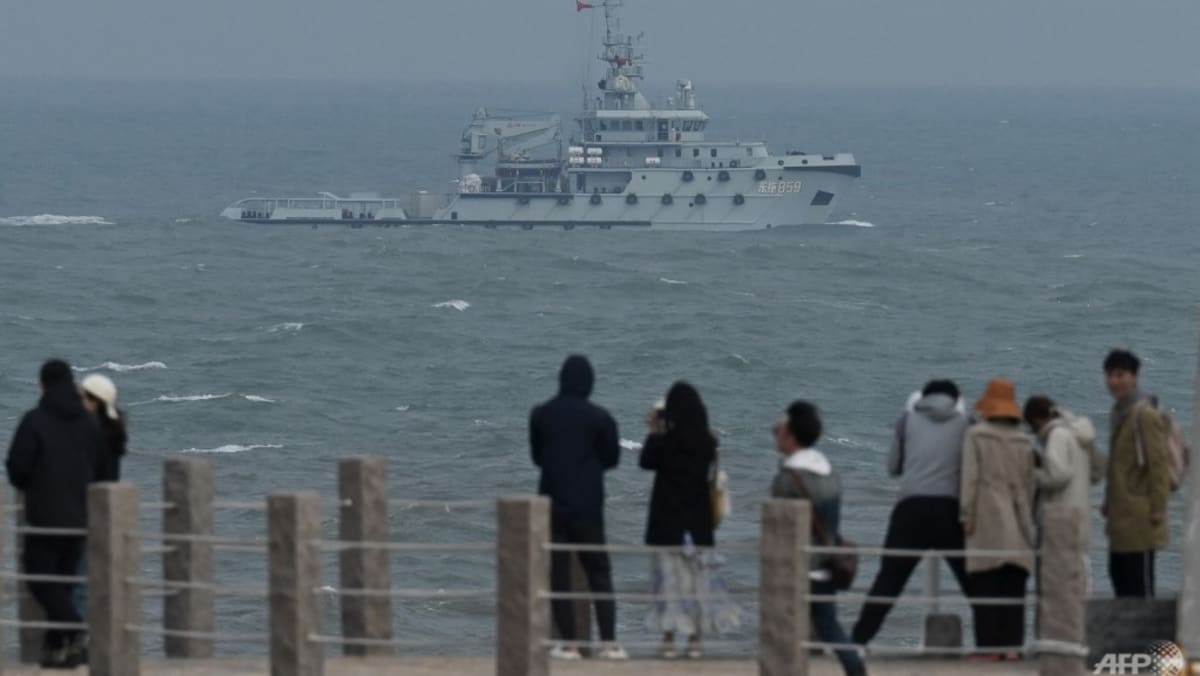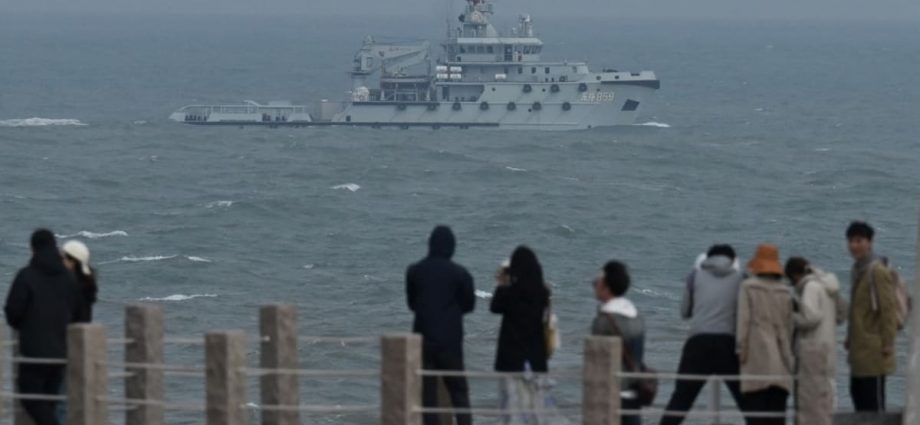
LONDON: Should the United States defend Taiwan? This is not an abstract debate. Over the weekend, Beijing simulated bombing raids on the island, while its navy encircled Taiwan.
In response to the steady escalation of Chinese military pressure on the island, President Joe Biden has promised – four times – that the US would defend Taiwan from an attack by China.
For some in America, Biden’s pledges are little short of madness. Doug Bandow of the Cato Institute, a think-tank, complains that “most [American] policymakers are prepared to risk national suicide to protect Taiwan”. Why should war-weary America threaten to fight China, another nuclear-armed power, to defend an island of 24 million people that lies roughly 100 miles off the Chinese coast?
Scepticism about defending Taiwan is even more pronounced in parts of Europe. Flying back from a visit to China last week, President Emmanuel Macron implied that France would not lift a finger to protect the island. Discussing Taiwan, he told Politico that the “great risk” for Europe is getting “caught up in crises that are not ours”.
In reality, few expect European militaries to get directly involved in a conflict over Taiwan. But the attitudes of European politicians such as Macron matter, since they will affect Chinese calculations of the economic and diplomatic costs of any attack.
It would certainly make life easier for Europeans and American leaders if they had no reason to worry about the fate of Taiwan. But the reality is that a forcible Chinese annexation of the island would have profound global consequences that would quickly be felt in Paris, as well as Peoria.

